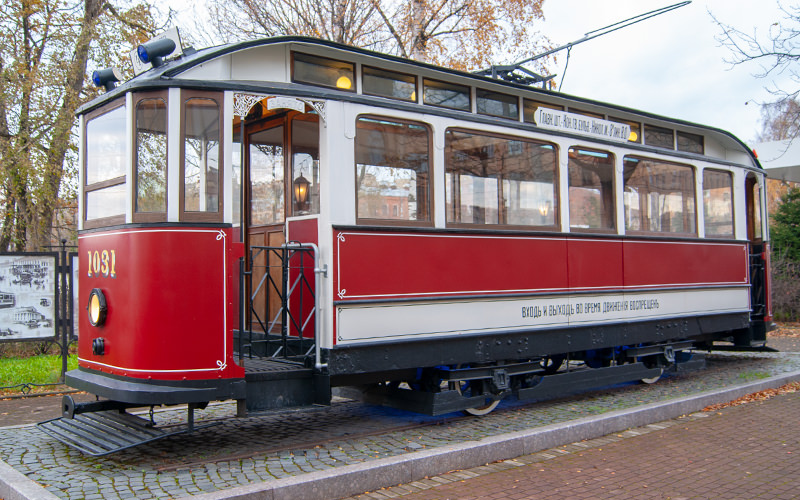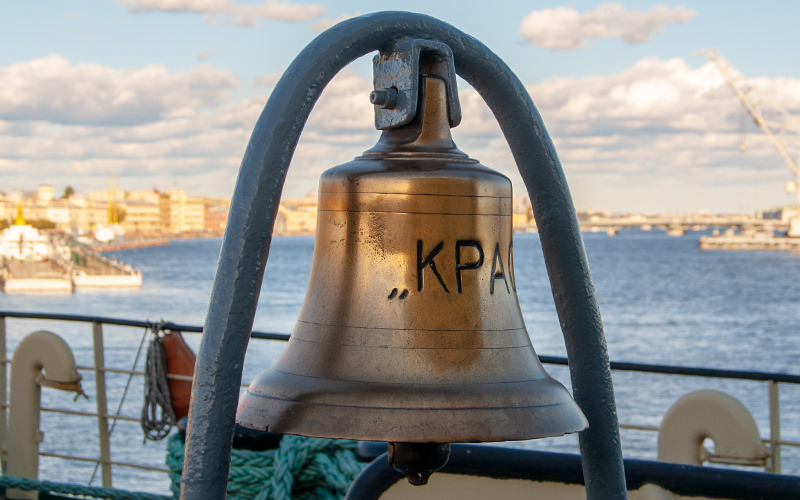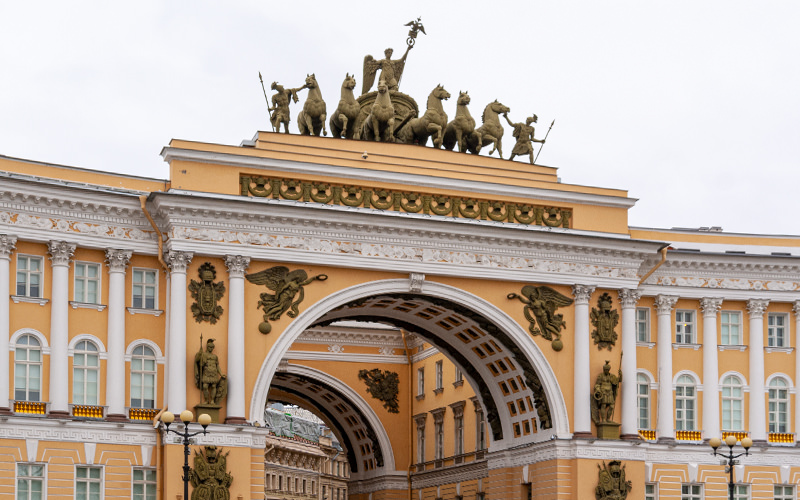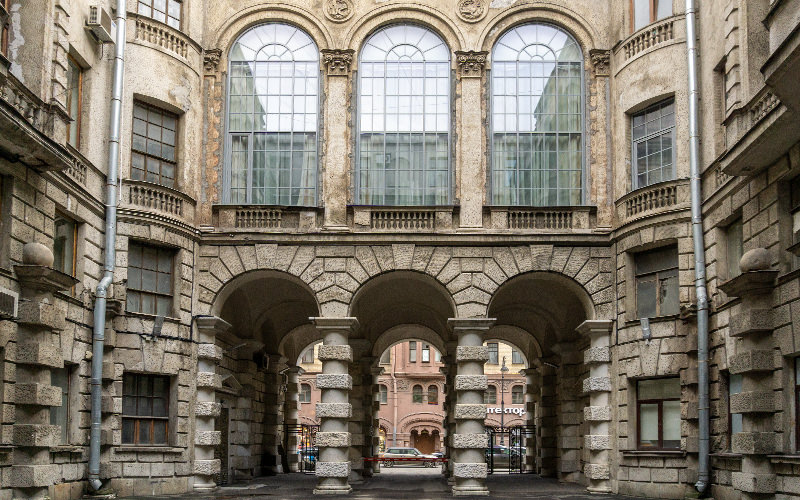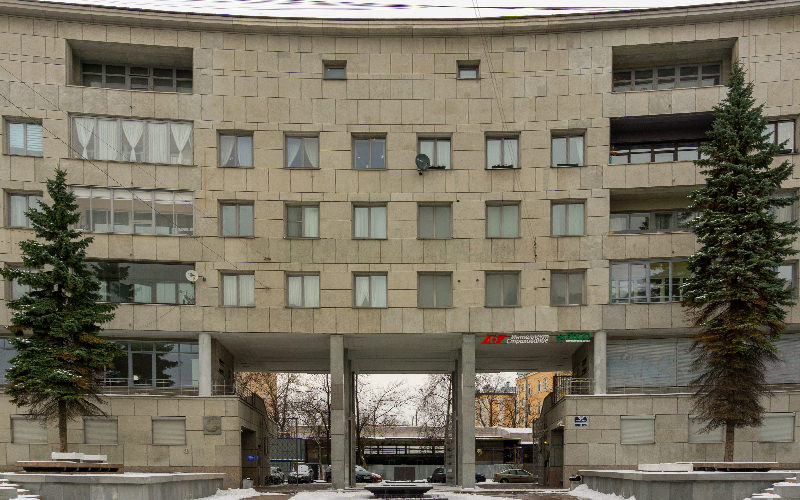Today, let’s remember the renowned Russian opera singer, Feodor Ivanovich Chaliapin. In St. Petersburg, on a street with the uncommon name of Graftio, stands a memorial house-museum where the artist lived until he left for abroad.
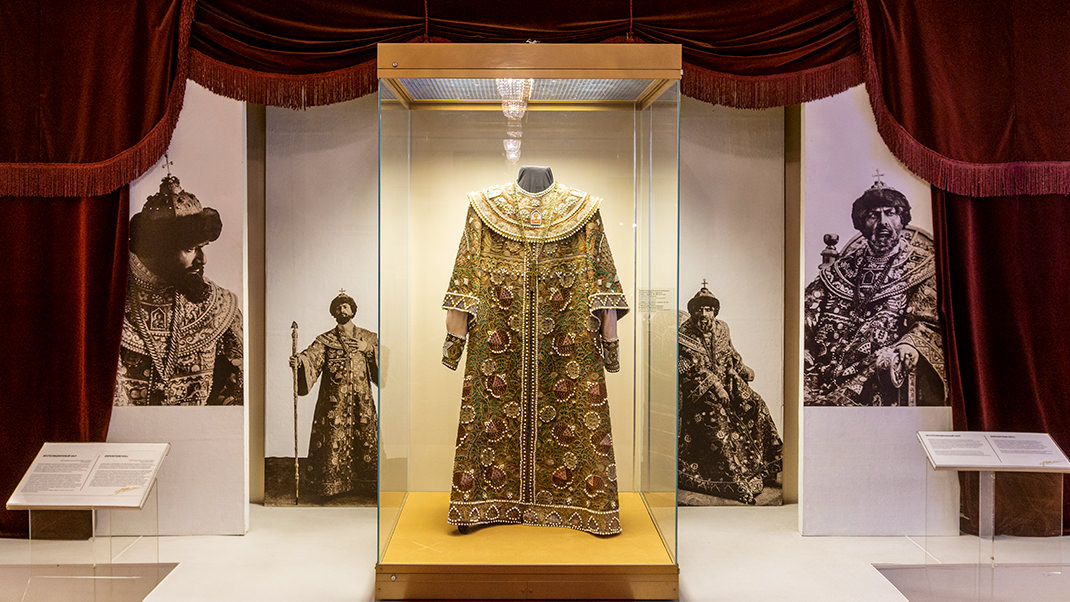
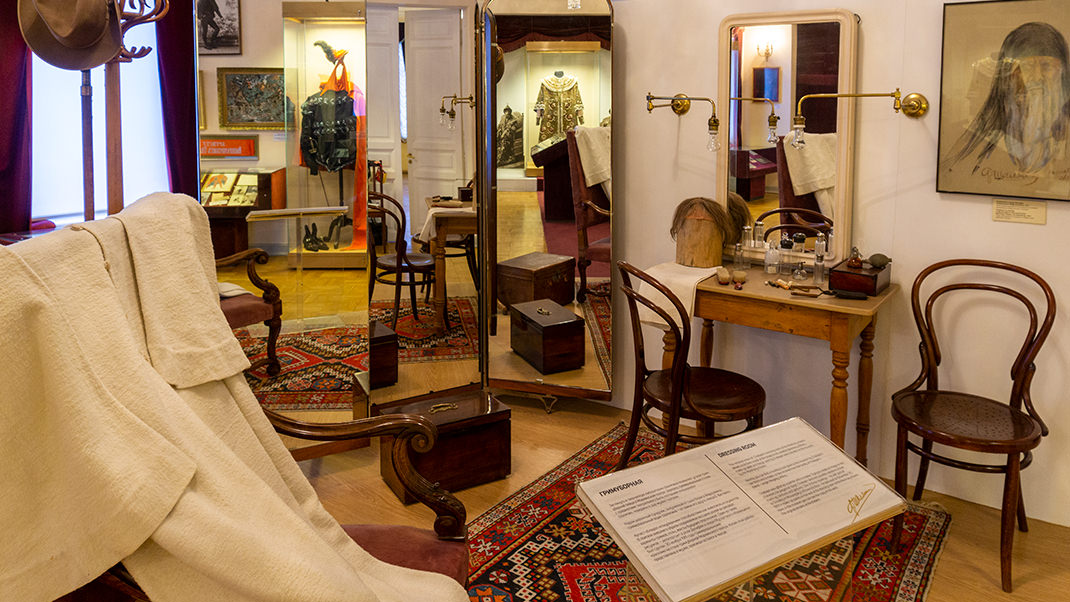
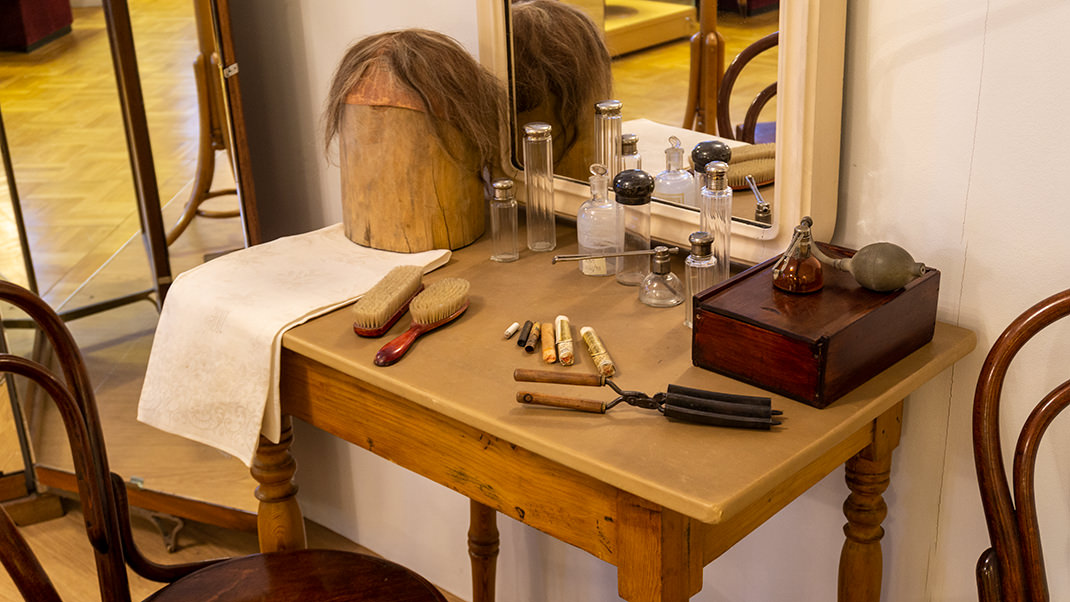
How to Get There
The museum's address is Graftio Street, 2b. It’s easily accessible on foot from the "Petrogradskaya" metro station, taking about 10-15 minutes.
An adult admission ticket costs 200 rubles (winter 2020). For those interested in a more in-depth exploration, audio guides are available for an additional fee.
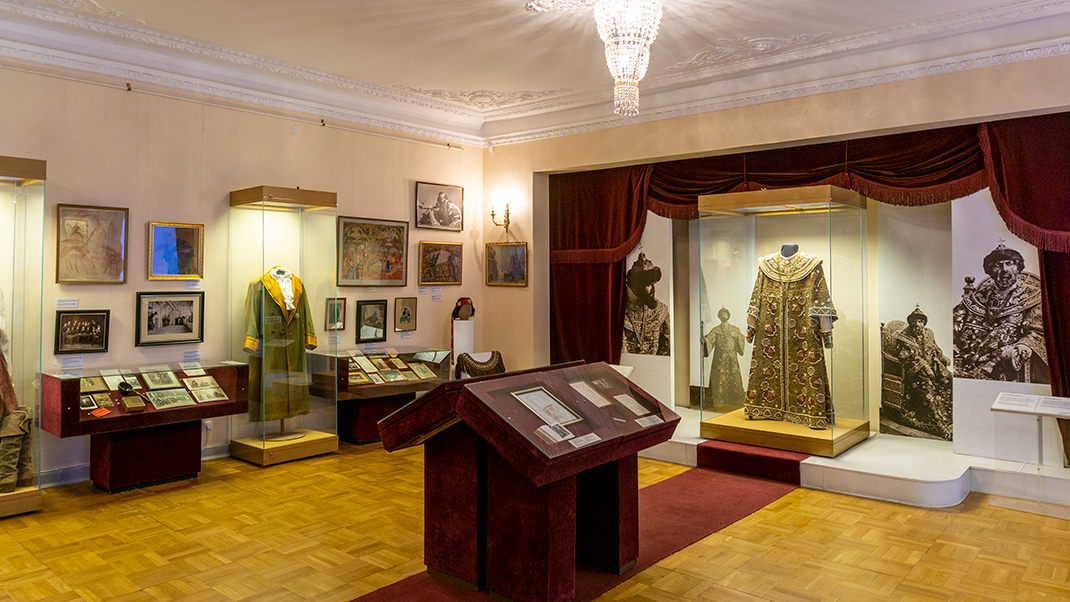
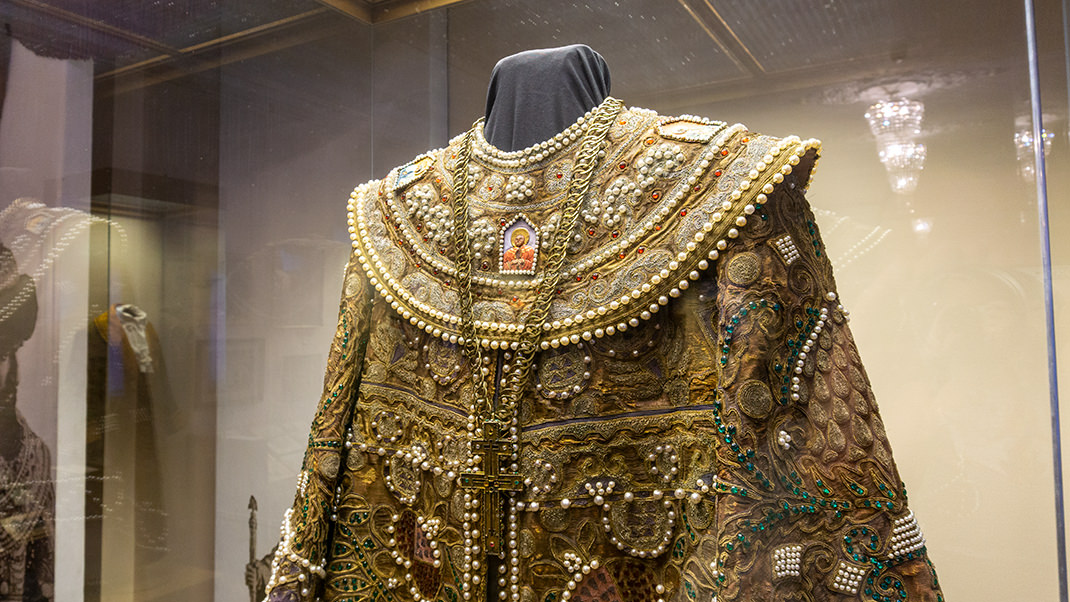
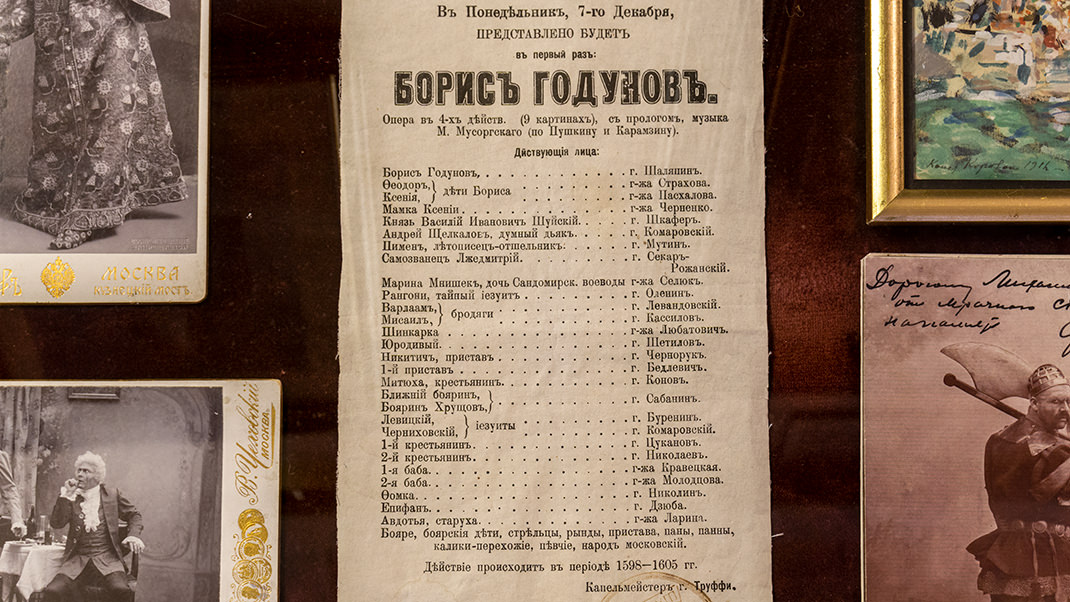
A Bit of History
Feodor Ivanovich Chaliapin lived in this house from 1914 to 1922. The apartment, now a museum, was his last residence in Russia. After his departure abroad, he never returned to his homeland. During Soviet times, these walls housed a communal apartment, with one room occupied by Chaliapin’s friend and secretary, Isay Dvorishchin, who remained in Leningrad.
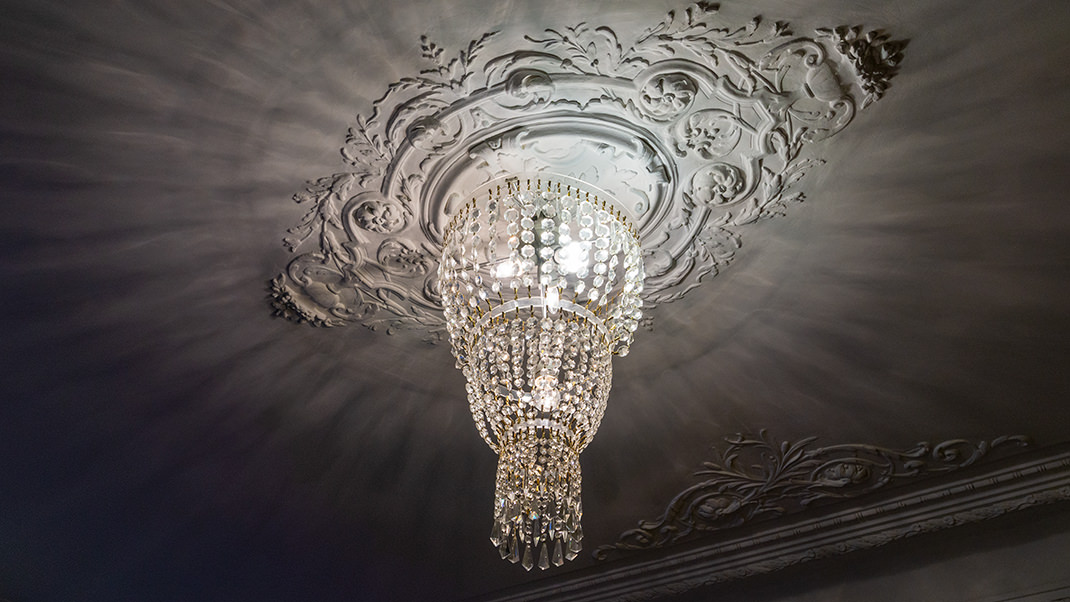
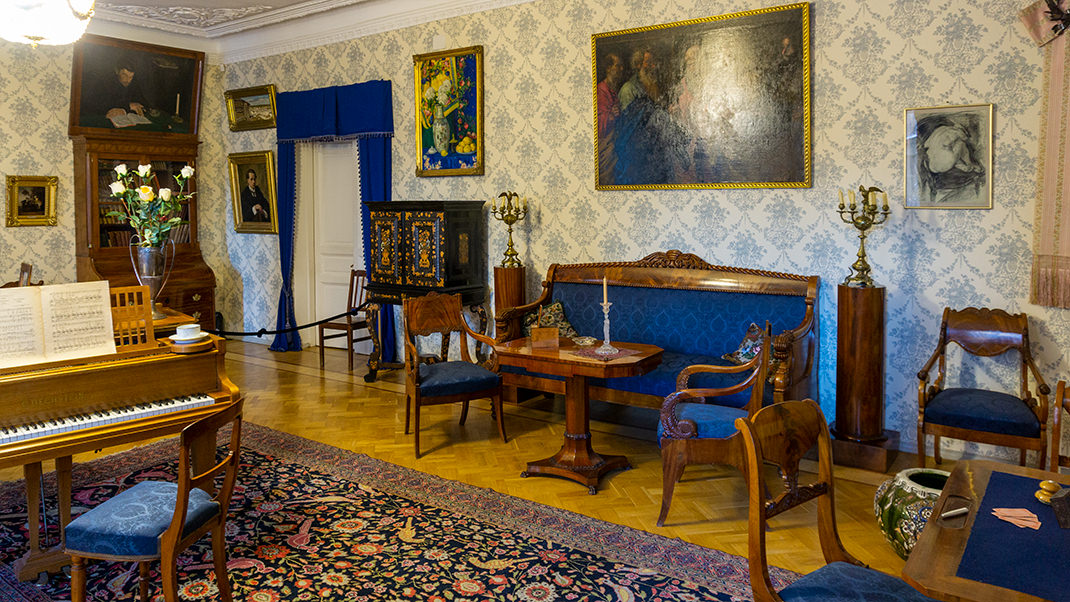
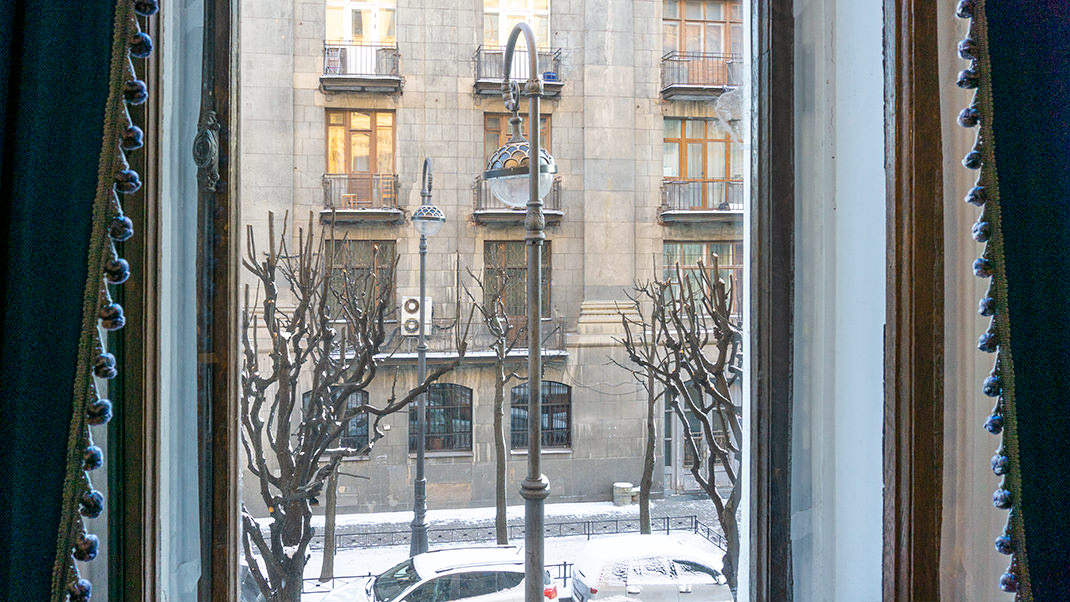
The museum opened in April 1975, initially named the “Russian Opera Department.” The singer’s name only appeared on a commemorative plaque in the 1980s. Around this time, Boris Kustodiev's famous painting "Portrait of F. I. Chaliapin" was added to the collection, and a decade later, the interiors of the singer's final St. Petersburg apartment were restored.
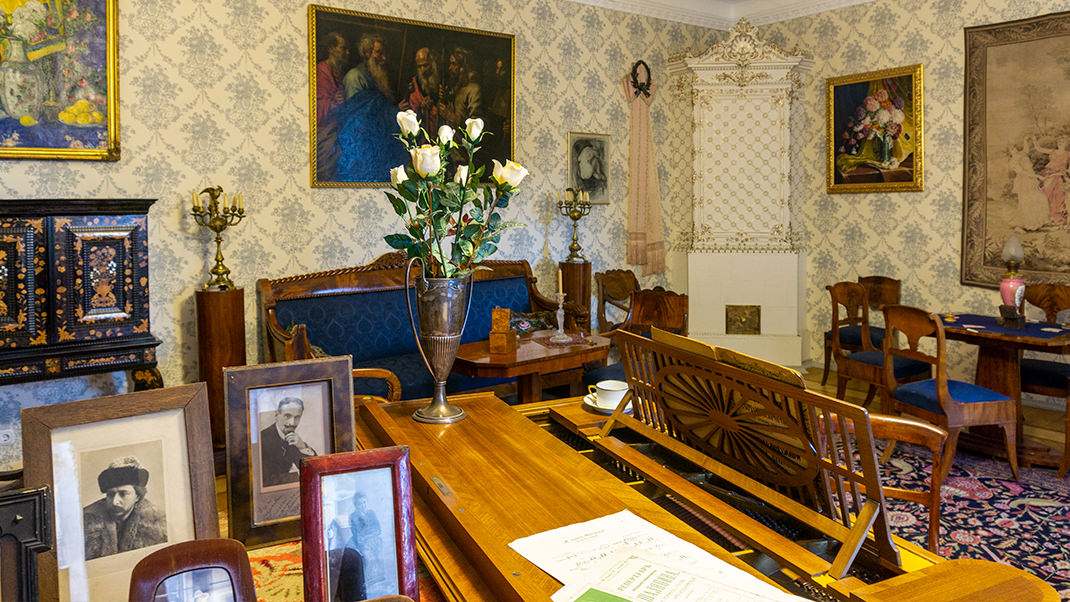
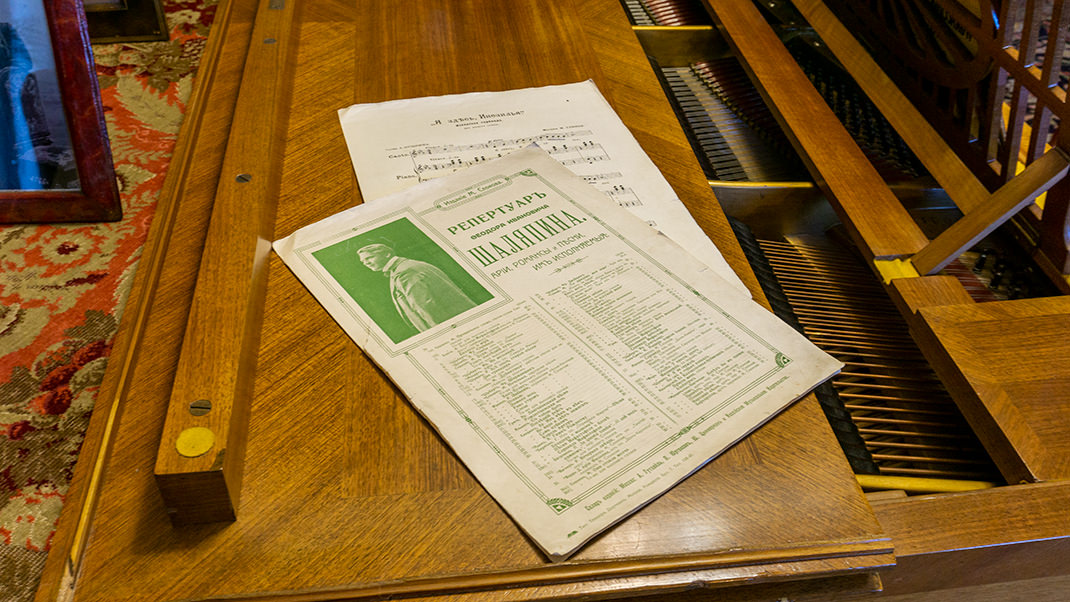
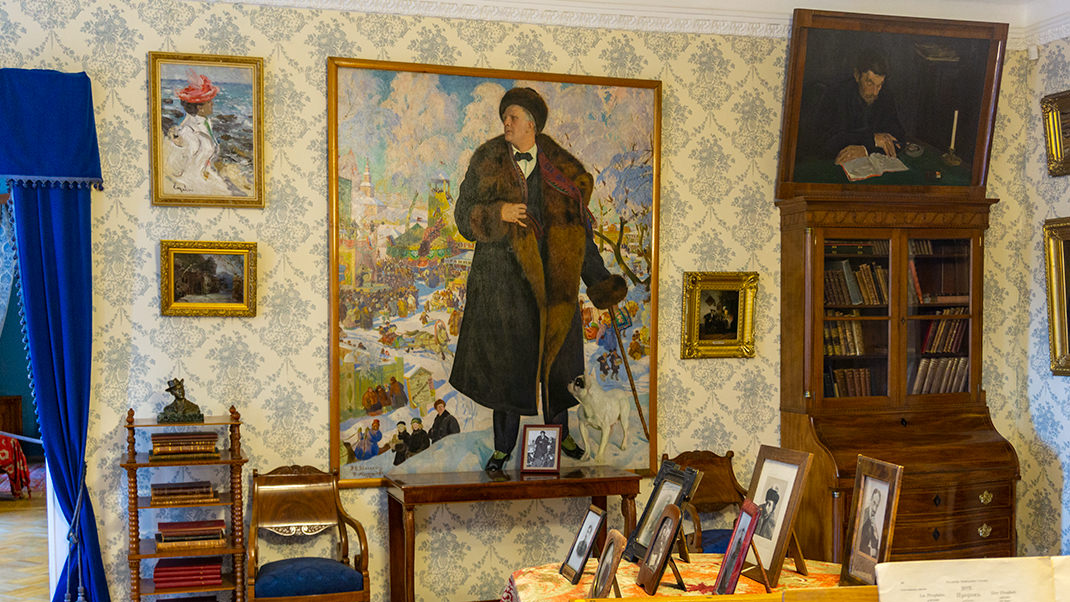
Visitors begin their tour in an exhibition hall filled with items related to Chaliapin’s career. Here, you can see his stage costumes, numerous accessories, posters, and photographs. In the center of the hall, Chaliapin’s dressing room corner from the Mariinsky Theatre has been recreated.
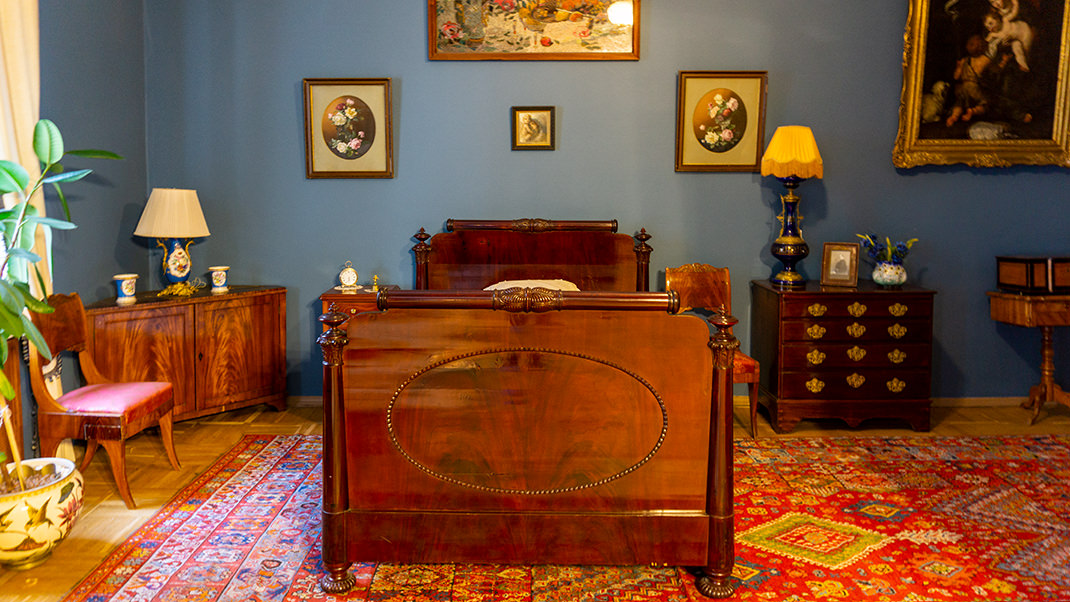
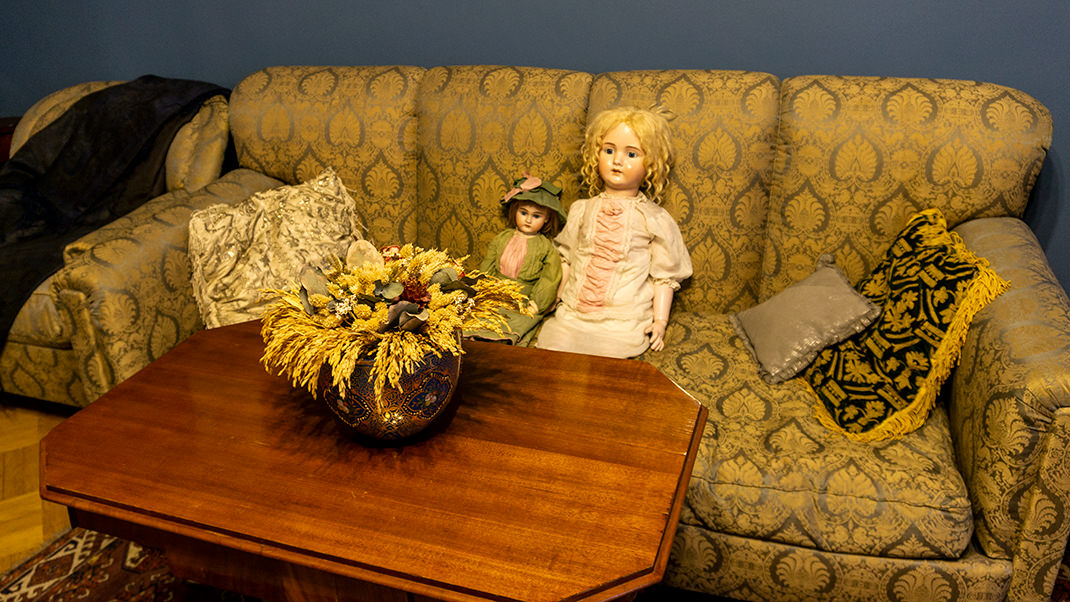
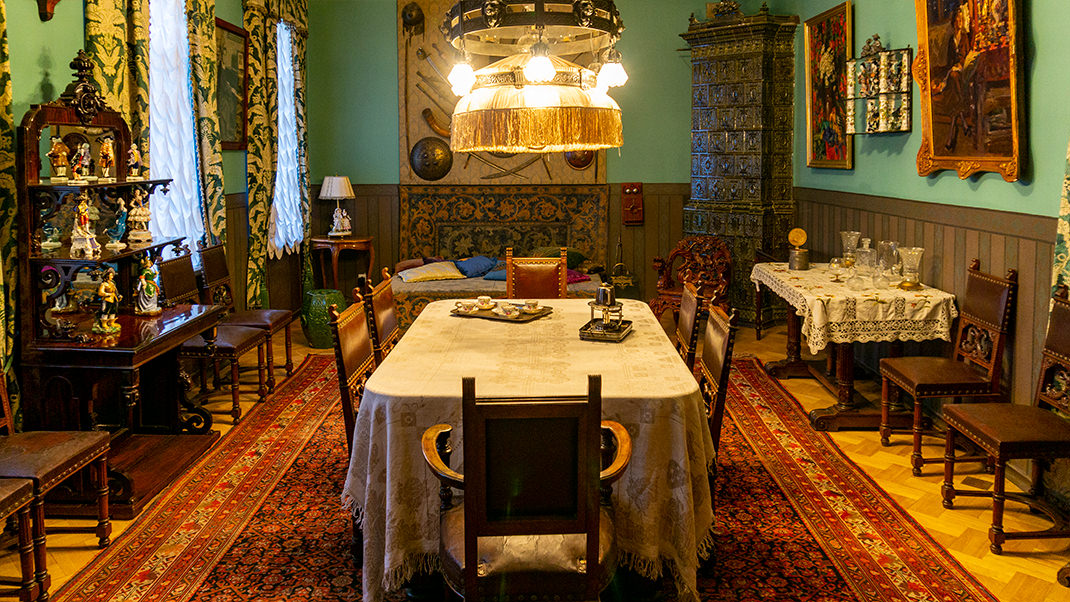
After the exhibition hall, guests proceed through the singer’s living rooms, past his bedroom, and finish in the dining room and entrance hall. For convenience, each room includes a leaflet describing the space and its displayed items. Notably, the museum also has a small concert hall that hosts musical performances and lectures.
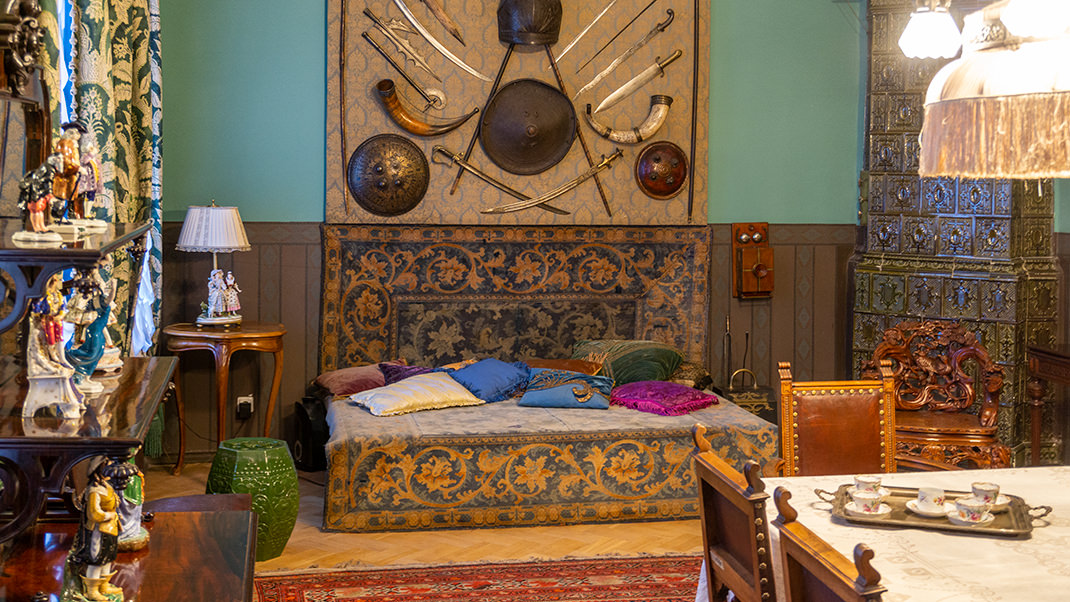
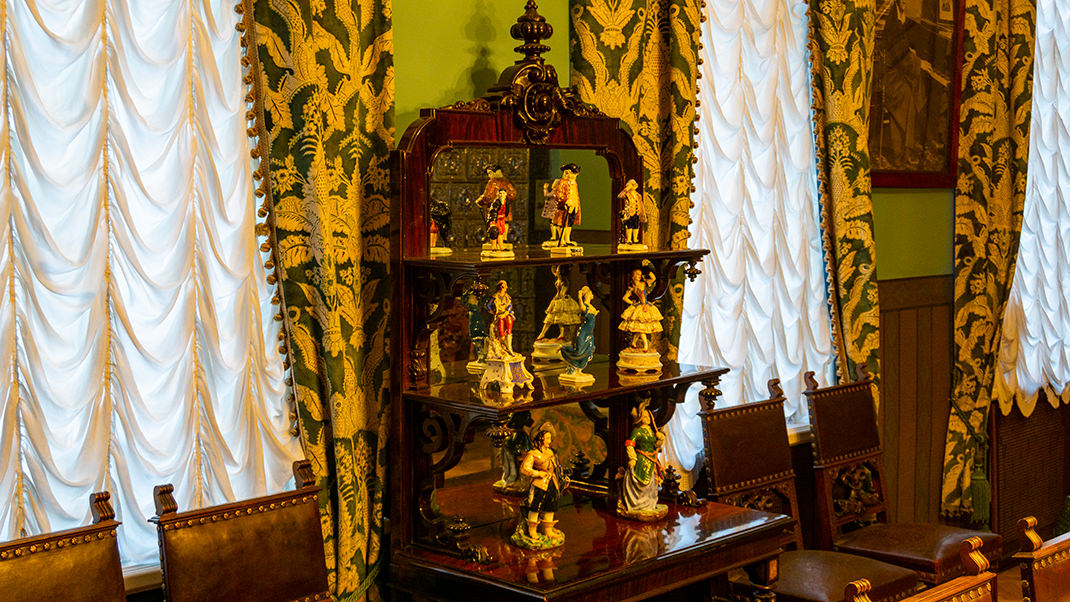
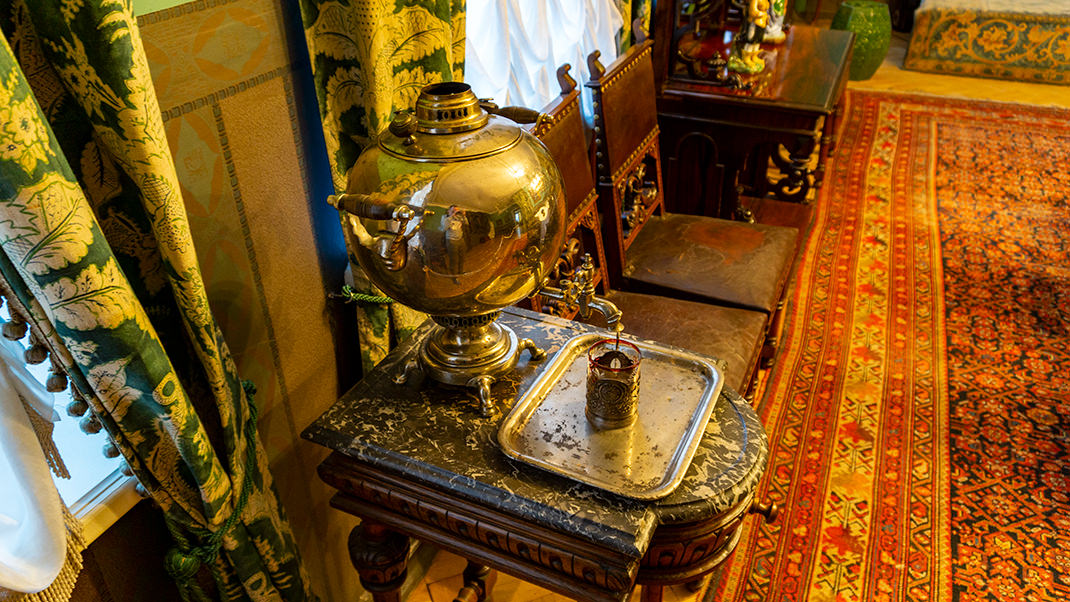
Compared to many other exhibition spaces, this house-museum might seem relatively small, but it compensates with a rich collection of fascinating items and beautifully restored interiors that transport visitors back 100 years.
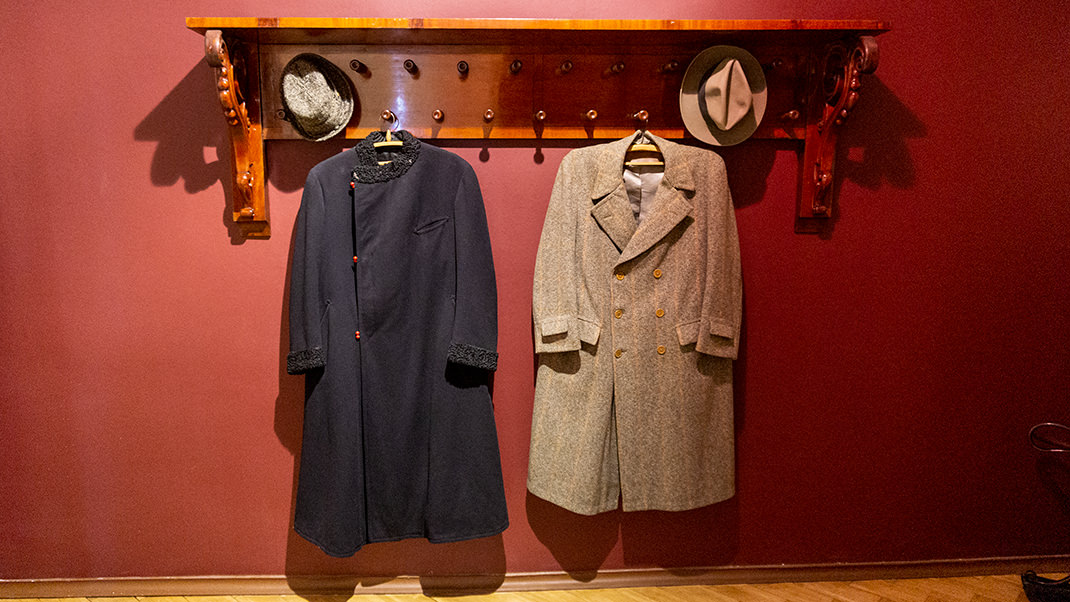
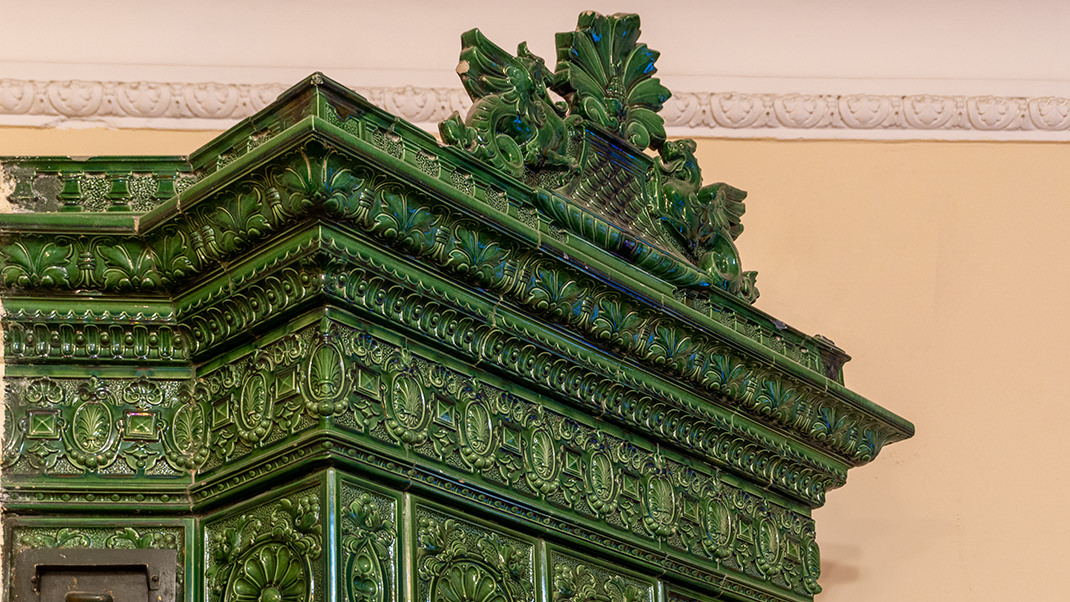
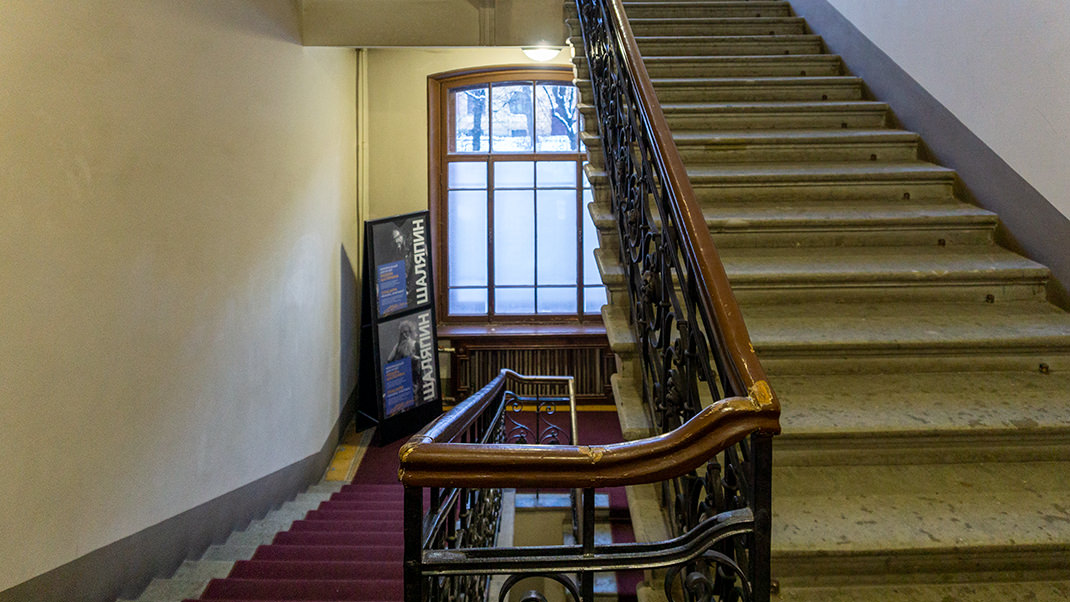
If you’re interested in other house-museums, I recommend reading about the memorial apartments of A. S. Pushkin or F. M. Dostoevsky. Today, their rooms house captivating exhibitions dedicated to these famous masters who once lived in the city on the Neva.
In summary:
- Fascinating period interiors,
- A wealth of authentic exhibits,
- Opportunities to attend concerts or lectures.


